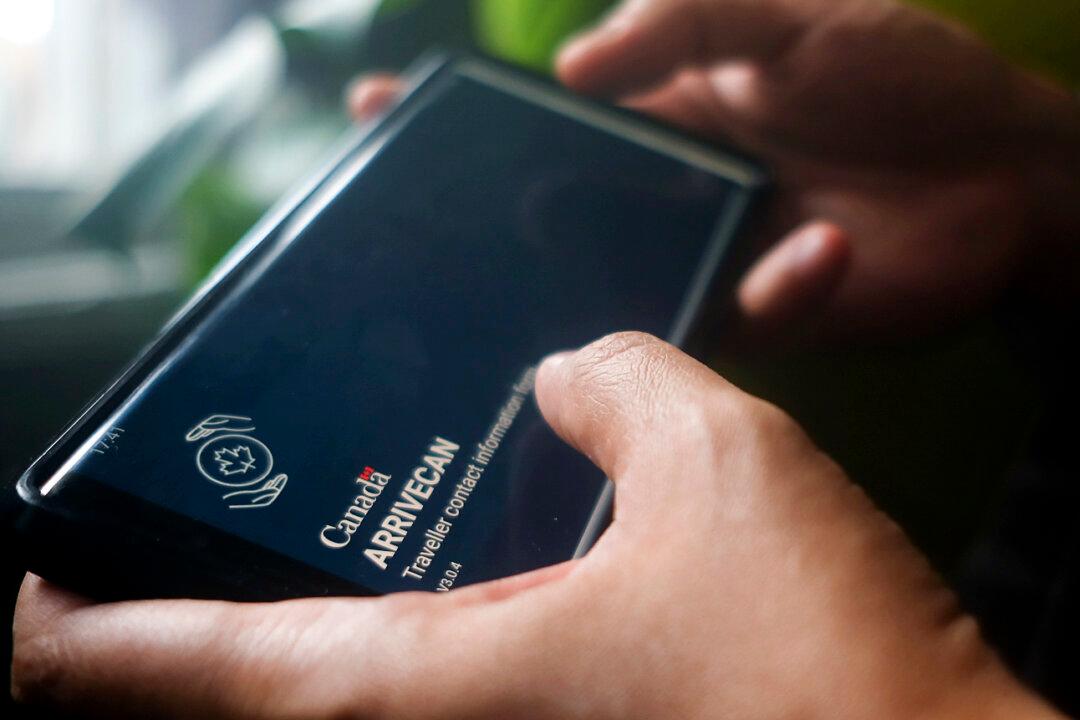Two former managers with the Canada Border Services Agency (CBSA) who were suspended without pay related to ArriveCan probes are attempting to quash what they say is a “scandalous” CBSA report that alleges potential criminal wrongdoing, according to Federal Court records.
The two former managers, Cameron MacDonald and Antonio Utano, asked on Feb. 16 that a federal judge rescind a 2023 “Preliminary Statement Of Facts” report by CBSA that led to their suspensions.





